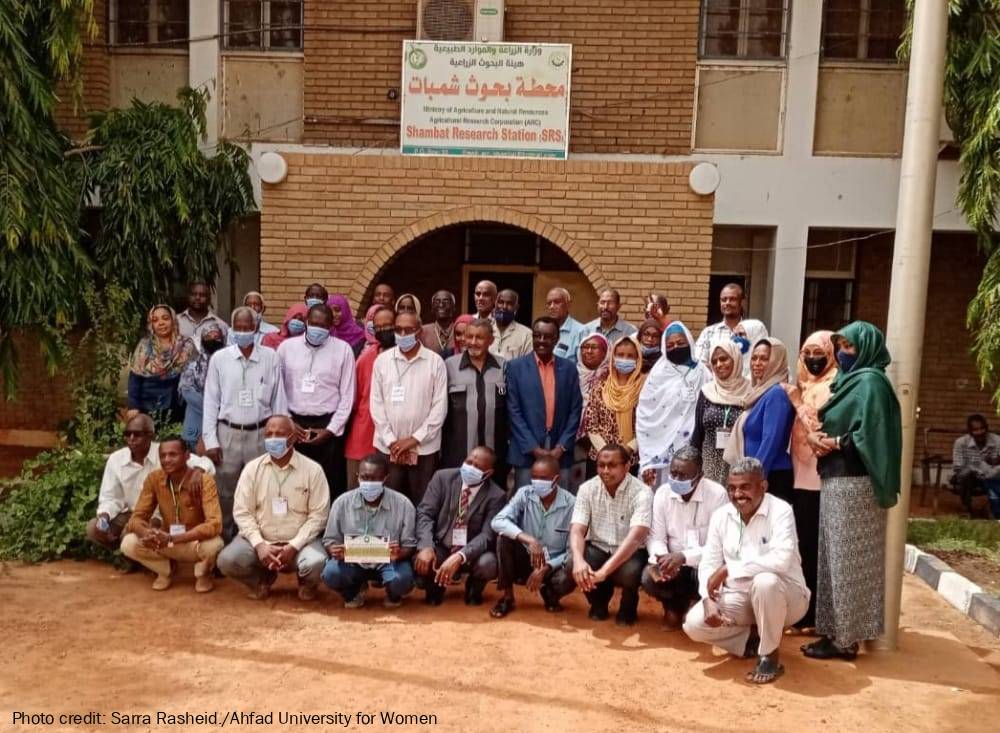

No Posts Found.
ICARDA and its national and international partners held a series of interactive webinars targeting young scientists on the value of systems research in dryland agri-food systems. Over 400 participants registered for each webinar. With the support of the Arab Fund for Economic and Social Development (AFESD), ICARDA also provided training courses for over 4,100 student and professional trainees, including over 1,800 women.
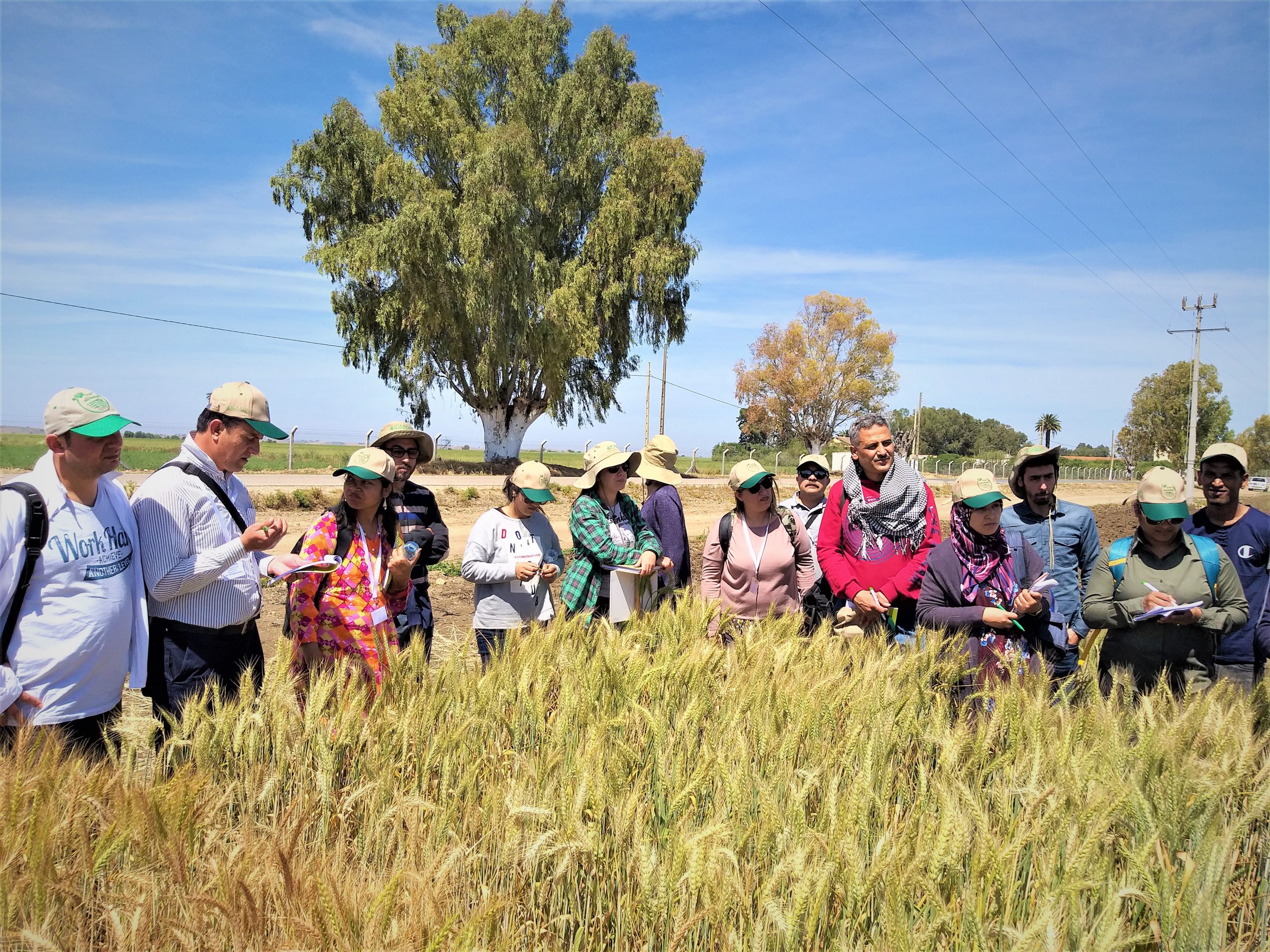
Through social media campaigns, joint publications with scientists (data papers) and small working groups with scientists (data curation), ICARDA’s Monitoring, Evaluation, and Learning (MEL) team promoted and improved understanding of Research Data Management (RDM). The importance of strong support and suitable tools was documented when encouraging RDM commitments – helping to address the policy conflicts and unclear data standards that often cause unexpected engagement conflicts within databases. MEL’s Data Management team worked on 34 datasets, covering a range of topics and countries, and completed the curation and publication of 17.
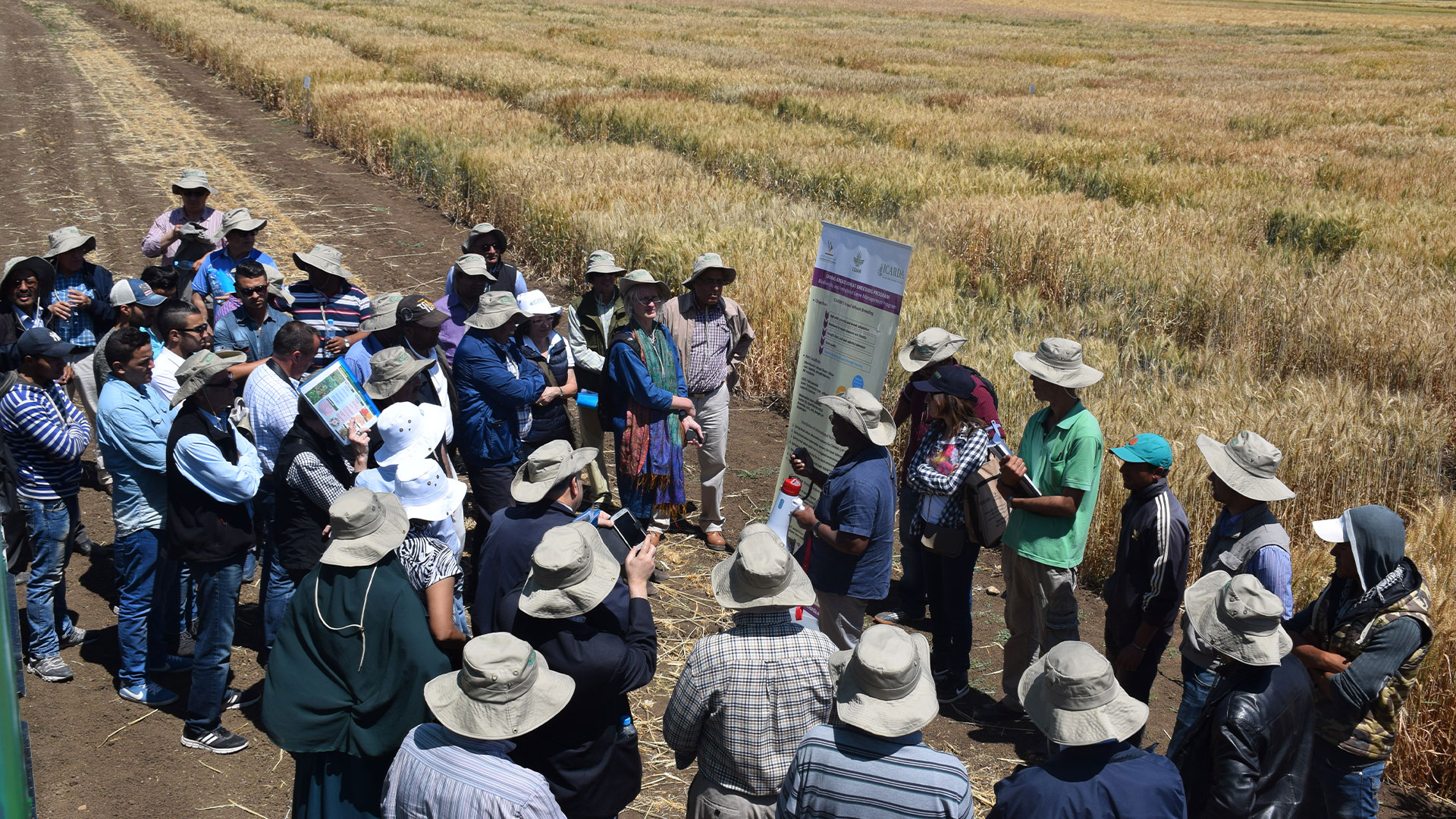
In 2021, ICARDA’s GRS team organized four field days at the Marchouch Crop Research Station in Morocco, attracting over 200 attendees, including breeders, major seed multiplication companies and lead farmers. These field days offered an opportunity for attendees to select the best elite lines, view demonstration trials of new varieties of cereals, food legumes, and bread wheat, and learn about how conservation agriculture and the diversification of cropping systems improve the environment as well as yields and nutritional value.
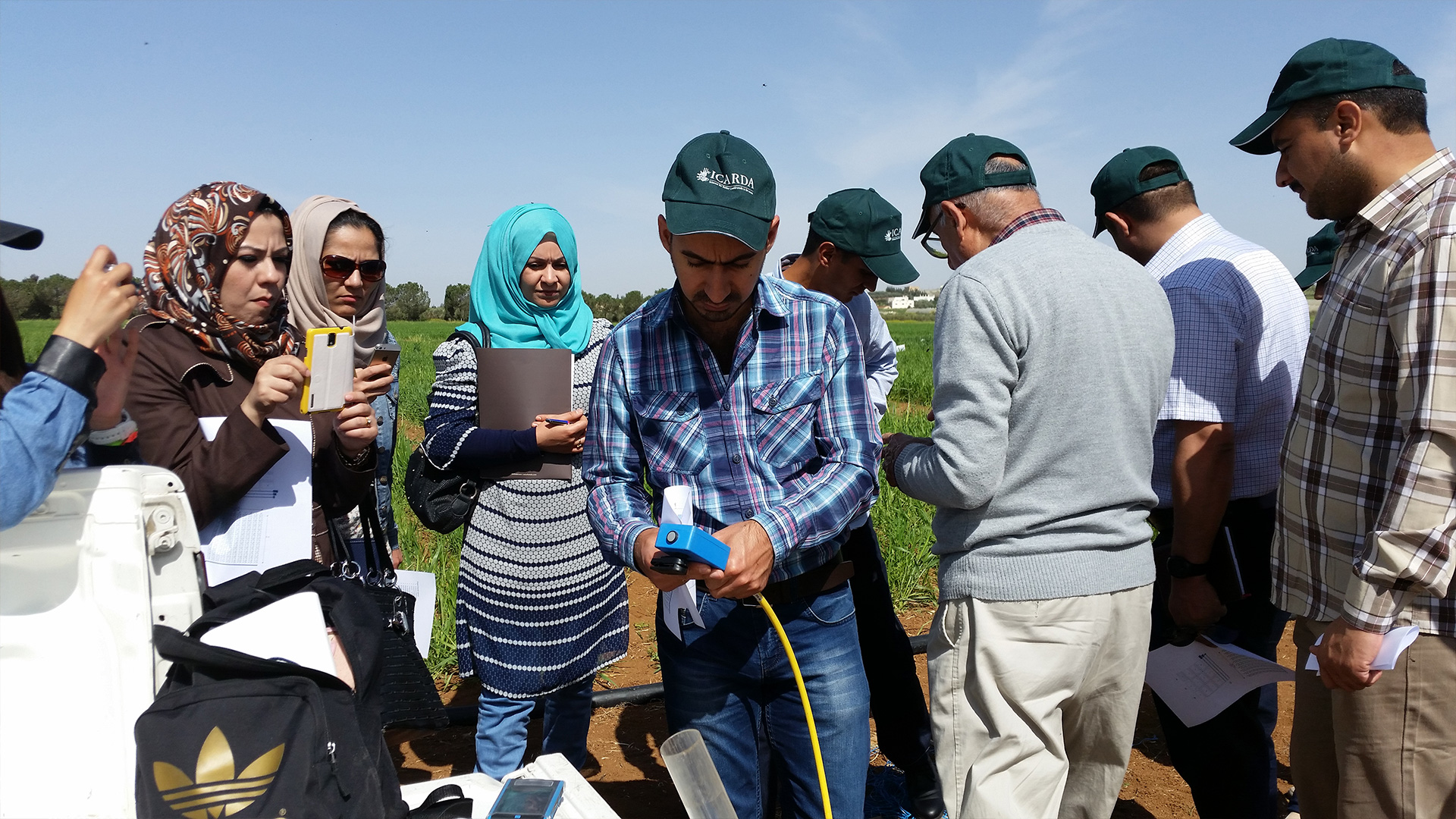
A new e-learning course on value chain analysis, management, and market linkages of date palm, funded by the Gulf Cooperation Council (GCC), enhanced the capacity of Arabian Peninsula government officials and researchers engaged in the socioeconomic component of the project, ‘Developing Sustainable Production Systems for Date Palm in GCC Countries.’ Twenty-three officials and researchers participated, representing Oman, Kuwait, Qatar, Bahrain, United Arab Emirates, Saudi Arabia, Egypt and Jordan.
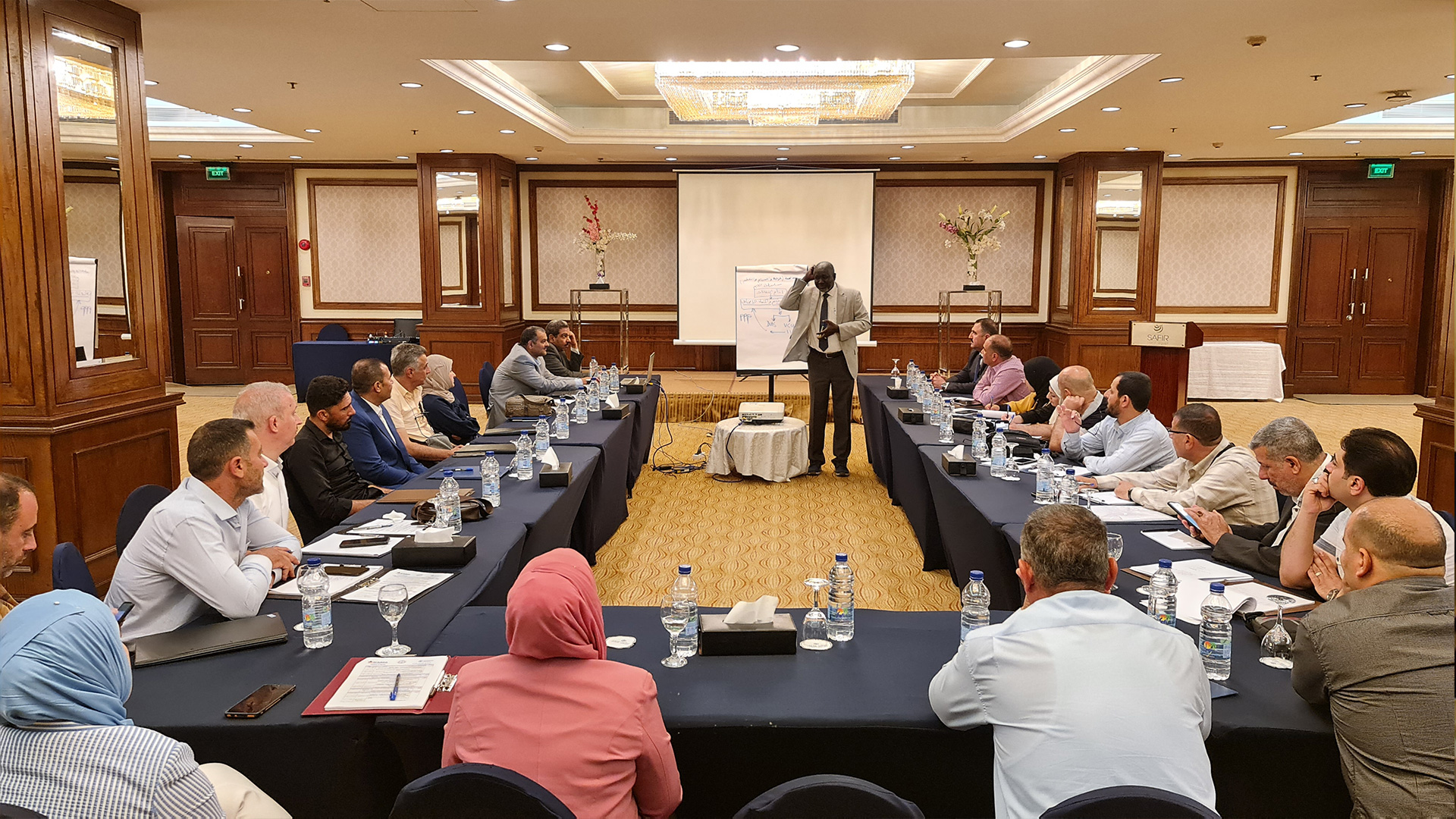
ICARDA’s E-Learning Platform continues to offer over 85 courses aligned with various agricultural topics and the United Nations Sustainable Development Goals. Most of the courses are in English, but French, Arabic, and Spanish classes were made available in 2021. Registration for courses is free.
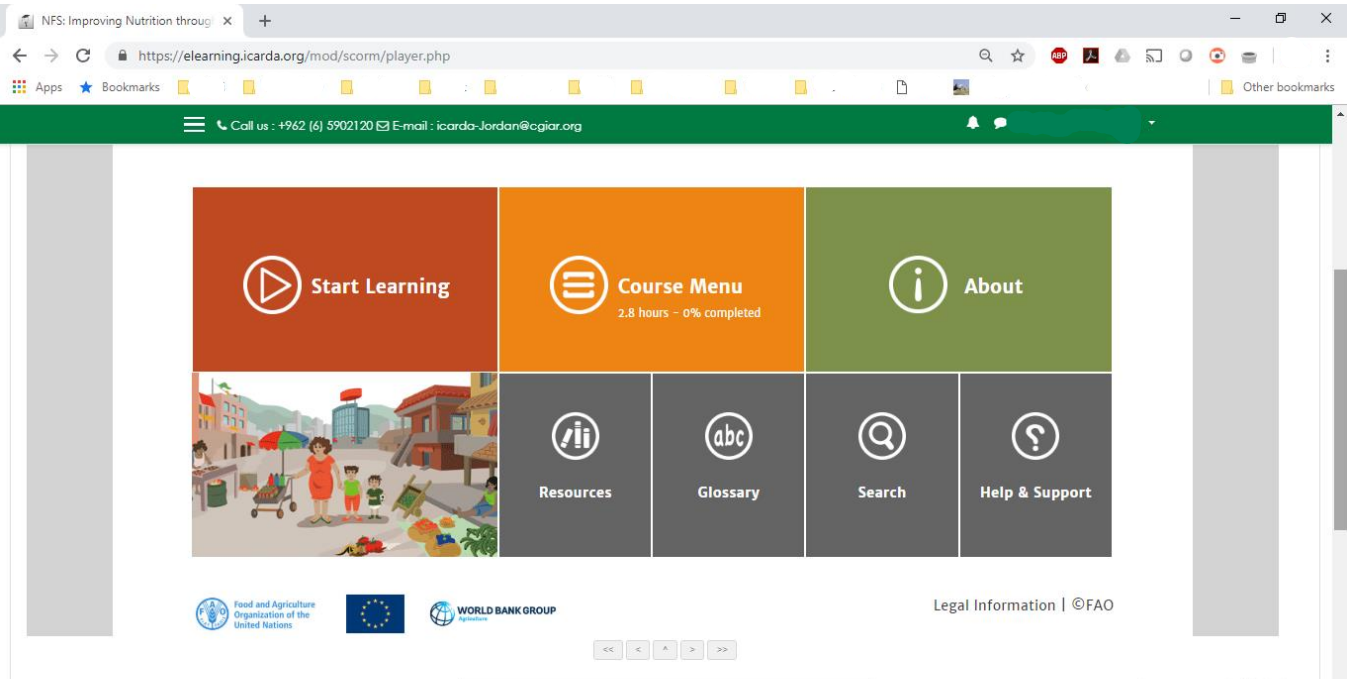
In December 2021, ICARDA and the Central Laboratory for Agriculture Climate of Egypt’s Agriculture Research Center (ARC) jointly organized a workshop on modern horticulture practices for Arabian Peninsula partner countries. Funded by the AFESD and the Kuwait Fund for Arab Economic Development, the workshop covered exciting new developments in protected agriculture approaches within greenhouses and hydroponics and was attended by researchers and extension agents from five of the six GCC member countries and Yemen.
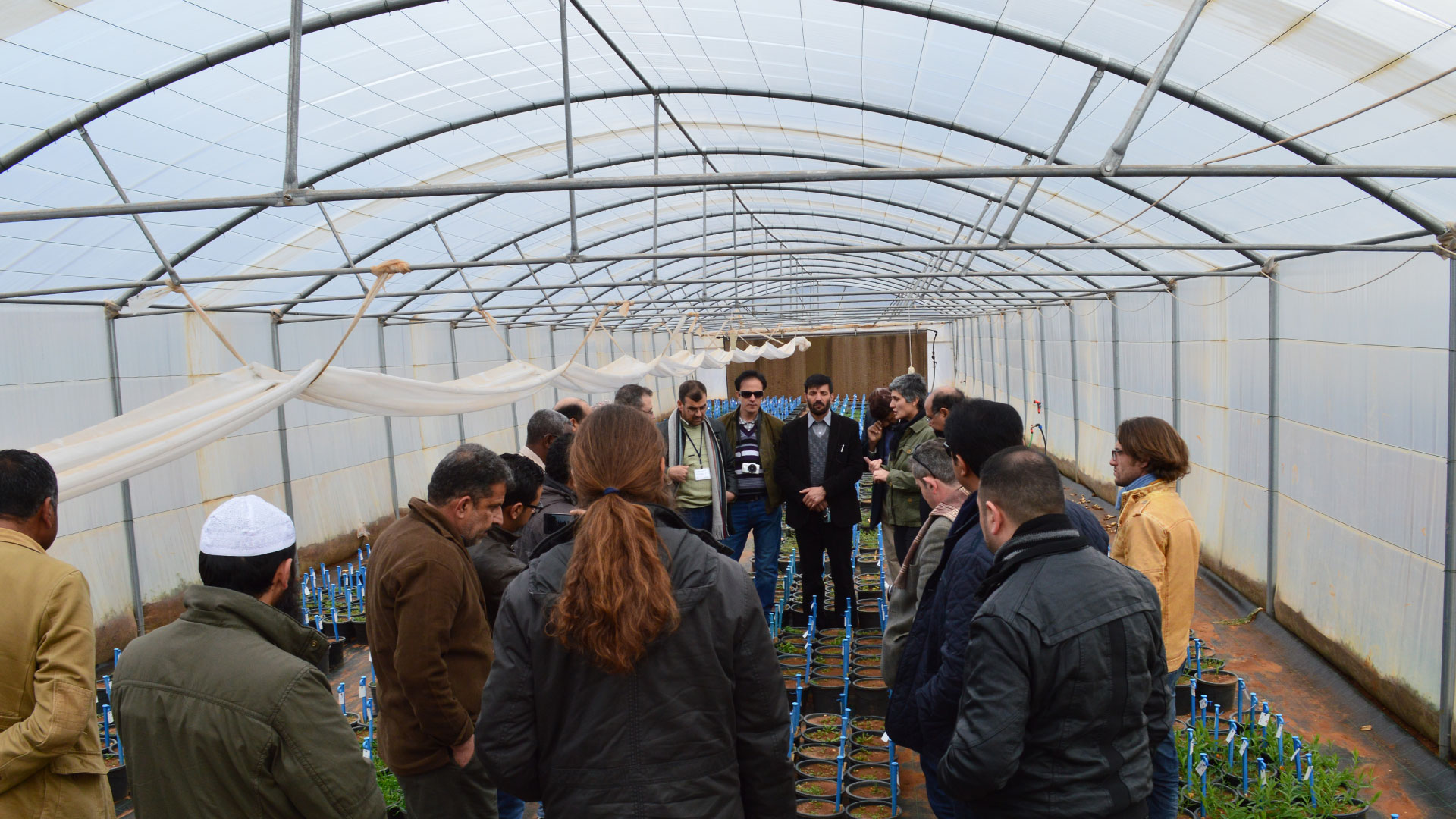
The SKiM Project, funded by the International Fund for Agricultural Development and implemented by ICARDA, raised the knowledge management capacities of 40 individuals representing national partners in Moldova, Morocco, and Sudan. The SKiM project facilitates and supports the growth of knowledge management and capacity development operations, enhancing and growing knowledge management communities-of-practice. The project helped partner institutions navigate the many disruptions caused by COVID-19 in 2021.
